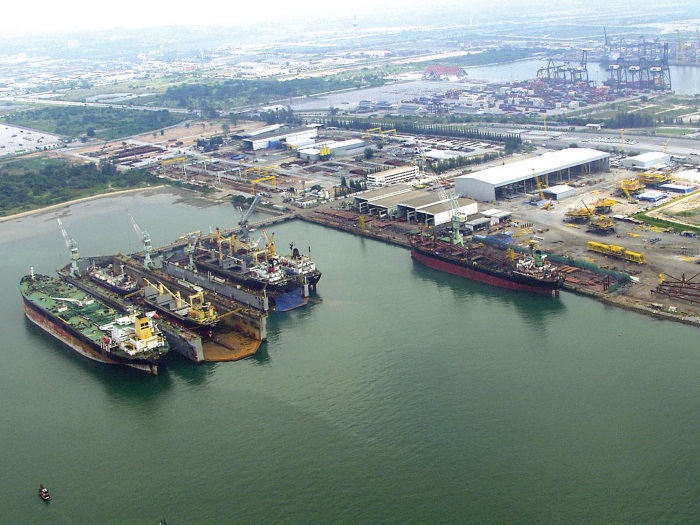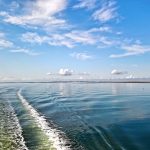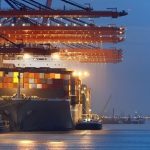DNV hosted a highly anticipated research and development (R&D) Forum, inviting stakeholders from the Greek shipping community to share and learn about the latest innovation projects. The speakers focused on zero-carbon fuels, digital twins, vessel automation and autonomy, electrification, and onboard carbon capture and storage (CCS).
The DNV R&D Forum took place on Thursday, June 22nd at the Eugenides Foundation and provided the participants to learn more about the cutting edge of maritime innovation, as DNV experts and partners presented the latest on a large range of ongoing joint R&D initiatives. These projects covered a wide range of the most important topics in the industry today, including ammonia as a marine fuel, liquid organic hydrogen carriers (LOHC), vessel automation, autonomy and electrification, onboard CCS, digital twins, and hydrogen as a ship fuel.
“With a commitment dating back to 2008, DNV’s Maritime R&D and Advisory unit in Piraeus has been actively engaged in collaborative R&D projects with industrial and academic partners,” said Chara Georgopoulou, Head of DNV Maritime R&D and Advisory Greece and Onboard CCS Manager. “These endeavors aim to develop new knowledge and expertise while generating value for DNV and our customers.”. Ms. Georgopoulou also presented the DNV Guidelines for onboard CCS applications during the event.
Speakers explored the latest technological advancements and innovations
Mr. Giannis Moraitakis, General Manager, Marine Project Sales South Europe at Wartsila, delivered a presentation on ammonia 2-4 and methanol fuel developments. This was followed by Mr. Konstantinos Louzis from the School of Naval Architecture and Marine Engineering at the National Technical University of Athens, who shared insights from the EU project MOSES on vessel automation and electrification.
“Fuel cells can produce clean power from hydrogen on board ships,” said Mr. Markus Rautanen, Research Team Leader for Hydrogen Applications at VTT Technical Research Centre of Finland, as part of his discussion of the SHIP-AH2OY project and LOHC. “LOHC enables the utilization of hydrogen with existing transportation and bunkering infrastructure. The SHIP-AH2OY project demonstrates the use of LOHC and fuel cells at a 1 MW scale on board,” he explained.
“The challenges posed by decarbonization in shipping have accelerated the timeline for research to materialize into practical applications,” said Prof. George Dimopoulos, an external advisor to DNV and faculty member of the School of Naval Architecture and Marine Engineering at the National Technical University of Athens, in his presentation on the applications of digital twins in the shipping industry. “Computer modeling serves as a catalyst for delivering innovative solutions faster to the maritime sector. Through digital twins of ships and systems, ideas can be linked with mission requirements and the actual operating conditions vessels encounter throughout their lifecycle,” he emphasized.
Mr. Brendan Sullivan, Associate Professor from the School of Management at Politecnico di Milano presented the e-SHyIPS project, highlighting the utilization of hydrogen as a fuel in passenger ships. The Forum concluded with a workshop, jointly moderated by Chara Georgopoulou, addressing the gaps in the IGF code in terms of using hydrogen as a ship fuel.
Source: Hellenic Shipping News






